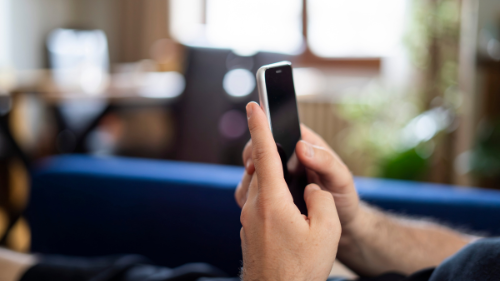Hyperconectivity and Its Effects on Modern Attention Span
From the
moment we wake up until we go to sleep, we are surrounded by devices that keep
us "connected." This constant connection has consequences on our
attention span and concentration. Here, we will explore how hyperconnectivity
affects our mental health and how to regain our attention in this digital
world.
How
Hyperconnectivity Impacts Attention Span
Our brain
is designed to adapt to the environment, and constant connectivity has shaped
the way we process information. Being exposed to multiple stimuli, such as
notifications, messages, and social media, disperses our attention. Recent
studies show that exposure to these stimuli reduces our ability to focus on a
single task for extended periods. This fragmentation of attention can generate
stress, mental fatigue, and lower cognitive efficiency. In the long term,
changes in our attention span affect memory, as the brain does not have enough
time to consolidate information into long-term memory.
Psychological
Effects of Lack of Continuous Attention
The
inability to concentrate impacts beyond the work or academic realm; it also
influences our personal life. The lack of sustained attention makes us miss
important moments, generating a disconnection from the reality we live in. It
also affects our relationships, as communication requires full attention and
presence. Many people report symptoms of anxiety and a sense of loss of control
due to hyperconnectivity. The continuous need to "stay updated"
creates an emotional dependence on devices, affecting the ability to enjoy
activities without the mediation of a screen
How to
Regain Attention in a Hyperconnected World
To
counteract the effects of hyperconnectivity, you must implement conscious
practices. Start by setting device-free moments during the day, such as during
meals or before sleeping. Mindfulness is an effective tool, as it trains the
mind to focus on the present. Another useful exercise is
"monotasking," or the practice of performing a single activity
without distractions, to strengthen attention. Additionally, reserving time for
activities that do not involve technology, such as reading a book or practicing
a hobby, helps recalibrate the brain and improve concentration.
Hyperconnectivity
is here to stay, but with conscious practices, we can regain attention and
improve our quality of life.
RewPaz



